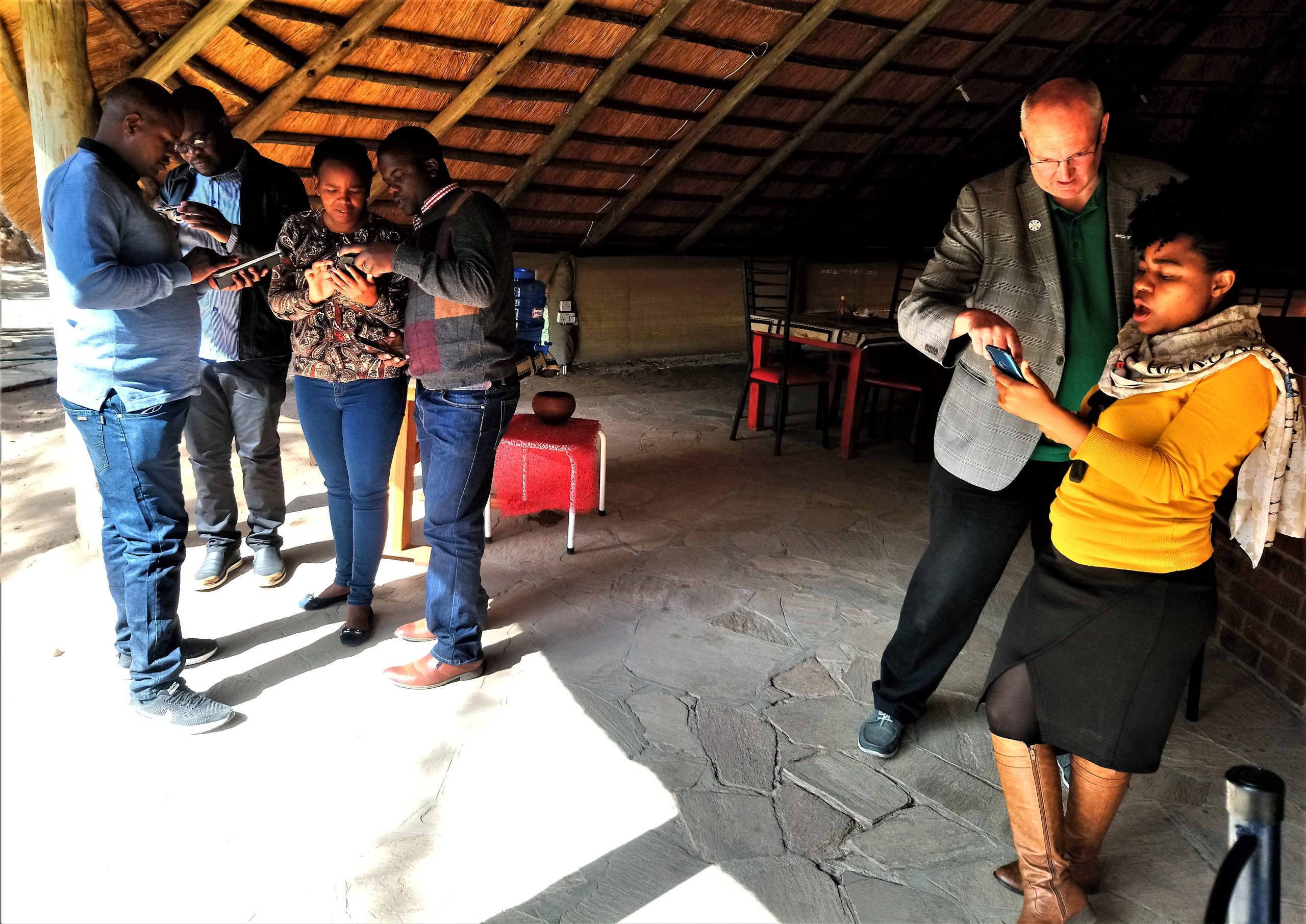
Agribank Schools Deposit Competition grows from strength to strength
June 28, 2019
Humanitarian aid field officers trained on captivating photo journalism
July 10, 2019Zimbabwe Gender Commission strategises for more women in politics 2023

Gender Links Ceo Colleen Lowe Morna (second from left) with members of the Zimbabwe Gender Commission, a team of gender and elections experts from Mauritius, Lesotho, South Africa and Namibia currently in the country.
Ngoni Dapira
THE 2018 harmonised elections in Zimbabwe witnessed a decline in women’s political representation at national and local level but this should change come 2023, the Gender Links chief executive officer Colleen Lowe Morna has said.
The gender watchdog boss said this in the backdrop of the Zimbabwe Gender Commission, a team of gender and elections experts from Mauritius, Lesotho, South Africa and Namibia, which is currently in the country in Harare to share possible options on how to boost women’s electoral performance in the 2023 elections.
According to a press release from Gender Links the gender and elections experts will share lessons learnt from the implementation of the different electoral systems and how they work in their countries. The meeting seeks to come up with a clear strategy for lobbying and advocacy to increase women’s political representation and participation at both the local and national level. “This is a ground breaking initiative that needs to be multiplied many times over…SADC has every possible permutation of electoral system and quotas to show what works. The answer are in our hands,” noted the Ceo of Gender Links that organised the mission with support from the African Women’s Development Fund, HIVOS and United Nations (UN) Women.
Women’s political representation has fluctuated over the past 10 years since 2008.Lowe Morna said following the adoption of the new Constitution in 2013, the proportion of women in the national assembly increased from 14 percent to 32 percent and in the Senate from 33 percent to 48 percent, resulting in an overall representation of 34 percent women. However in the 2018 elections, this proportion reduced to 31 percent.
She added that Zimbabwe has a 30 percent proportional representation quota for women at national level which expires in 2023, raising concerns that even the limited gains made over the years may be lost. However, there is no legislated quota for women at local government level presenting a threat to women’s participation. “With women occupying only one out of four political positions, worldwide legislated quotas become an important tool to improve women’s representation in politics,” read the press release.
Gender equality is guaranteed in the country’s Constitution. Zimbabwe has also committed to gender parity through regional and international instruments it is signatory to. The SADC Protocol on Gender and Development encourages member states to ensure equal and effective representation by women in decision-making in the political, public and private sectors, including the use of special measures.
”On the other hand, the Sustainable Development Goals (SDGs) encourage states to ensure women’s full and effective participation and equal opportunities for leadership at all levels of decision-making in political, economic and public life. It also calls upon states to adopt and strengthen sound policies and enforceable legislation for the promotion of gender equality and the empowerment of all women and girls at all levels,” she said, buttressing how the Zimbabwe Gender Commission will strive to push for this.


